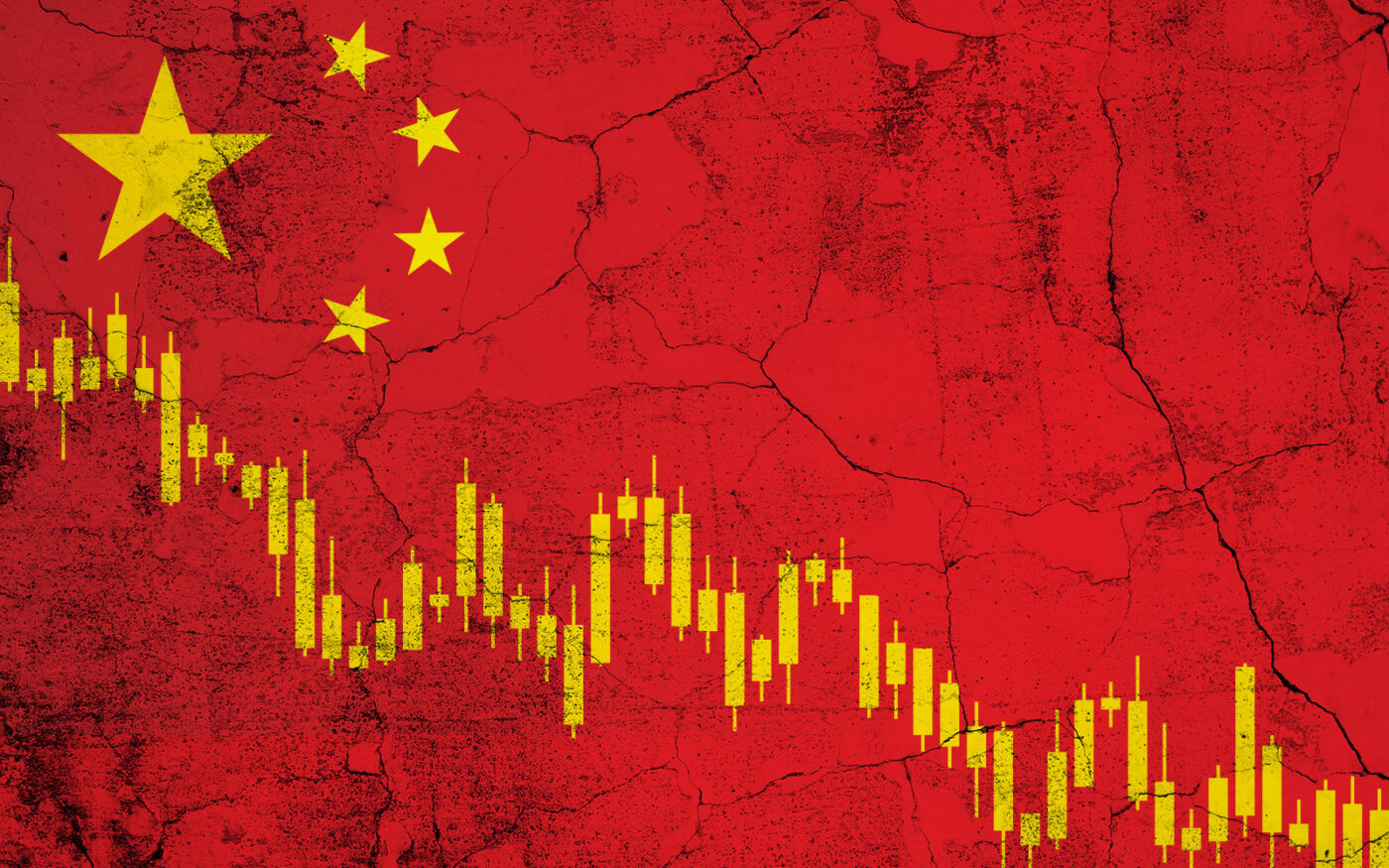Trending
China’s real estate crisis playbook yields diminishing returns
Limited results in the face of economic uncertainty

China’s response to economic uncertainty is mirroring past crisis strategies, but with diminishing returns.
In 2016, facing economic challenges, the central bank under then-governor Zhou Xiaochuan initiated a surge in lending, allowing lower down payments for property purchases and stimulating construction and infrastructure projects, the New York Times reported.
That approach led to a pick-up in growth and market stability. However, current efforts to boost borrowing and investment are yielding limited results, according to the outlet.
Despite regulators urging major banks and securities firms to provide more loans and financial support, demand for borrowing has waned in recent months. Housing construction has stalled, with over 50 real estate developers defaulting or ceasing bond payments, leaving countless incomplete apartments, many of which were already purchased with mortgages.
At the same time, companies are hesitant to borrow due to declining sales and economic deflation, the Times said. Local governments are struggling to manage their debt, compounded by heavy infrastructure investments and pandemic-related expenditures. This has made China less inclined to use fiscal strategies to stimulate demand.
China’s economic challenges are deeply tied to its real estate sector, constituting a significant portion of the economy and household savings. The 2016 lending surge led to a construction boom, rising property prices, and increased consumer spending. However, over time, excessive construction diminished property values and rental returns. Many apartments were left unfinished as investors hoped for further price appreciation.
Today, demand for new apartments has dropped, as fewer marriages and births have reduced the need for housing. Existing home prices have fallen, and while new home prices have not decreased drastically, sales have plummeted due to caution from local governments. Economists suggest that more significant interest rate cuts are necessary to encourage borrowing, potentially boosting exports and economic stability.
Yet, such cuts come with risks. Chinese entities could move funds abroad seeking higher interest rates, devaluing the renminbi and potentially causing tension with trading partners. China’s dependency on exports is also problematic, given global reluctance to accept job losses due to imports.
In addition to interest rate cuts, many believe that China must focus on reducing its high savings rate and increasing consumer spending. However, the lack of a strong social safety net makes households reluctant to reduce savings. President Xi Jinping opposes extensive social spending, fearing it could undermine the work ethic.
Real estate behemoths in China are struggling.
Earlier in August, Evergrande filed for bankruptcy protection in the United States as part of its restructuring initiative.
The heavily indebted firm filed for Chapter 15 bankruptcy this week, Bloomberg reported. The section of bankruptcy law protects the United States assets of non-U.S. companies as they restructure.
An affiliate of the country also filed for the same bankruptcy clause. Evergrande is already in the midst of restructuring proceedings in Hong Kong and on the Cayman Islands.
Meanwhile, Country Garden is also facing financial turmoil, having lost billions of dollars and accruing $200 billion in unpaid debts, the New York Times reported.
“The Country Garden default could be as influential as Evergrande simply because it is so huge,” real estate analyst Rosealea Yao of Gavekal, a China-focused research firm, told the outlet.
— Ted Glanzer




